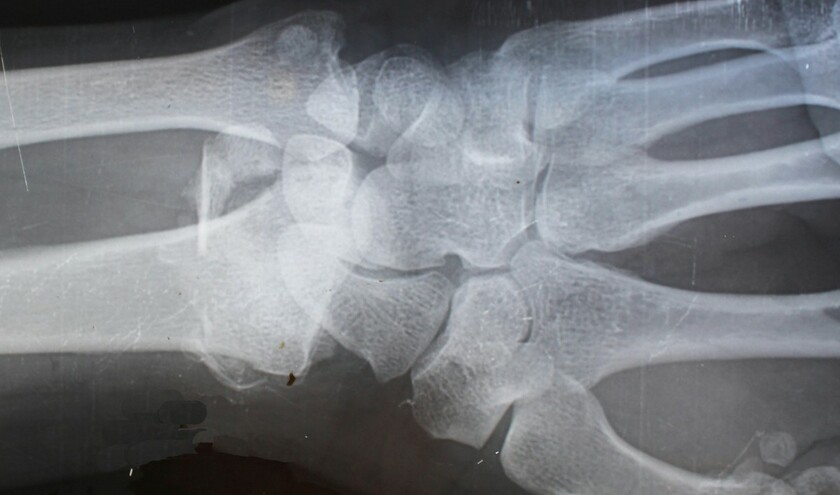Urgent care centres in England can use four platforms following the publication of draft guidance: TechCare Alert that can be used on patients of any age; Rayvolve for adults only; and BoneView and RBfracture, which for adults and children aged two and up.
Nice said the technology "could help reduce the number of fractures that are missed in urgent care, which would reduce the risk of further injury or harm to people during the time between the initial interpretation and treatment decision in urgent care and the radiology review".
The draft guidance recommends that X-rays should be reviewed by a radiologist, radiographer or other trained professional, who should provide a detailed report before the patient is discharged.
In addition, Nice advises centres using the technology to ensure the cost per scan is similar to the estimate in the draft guidance, which is estimated to be £1 per scan, but it says the "true cost of implementing and using AI technologies for fracture detection is uncertain" as data was from retrospective studies.
A consultation on the draft recommendations will run until 5 November 2024.



